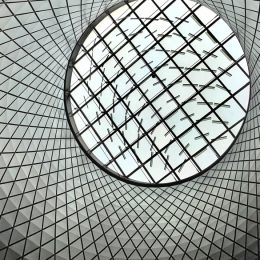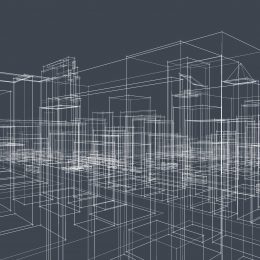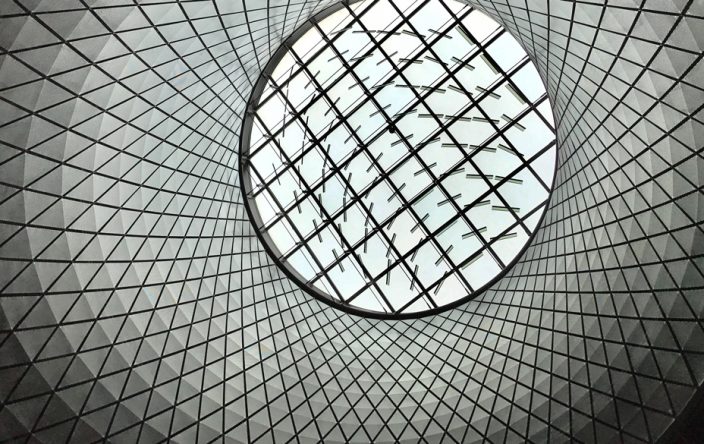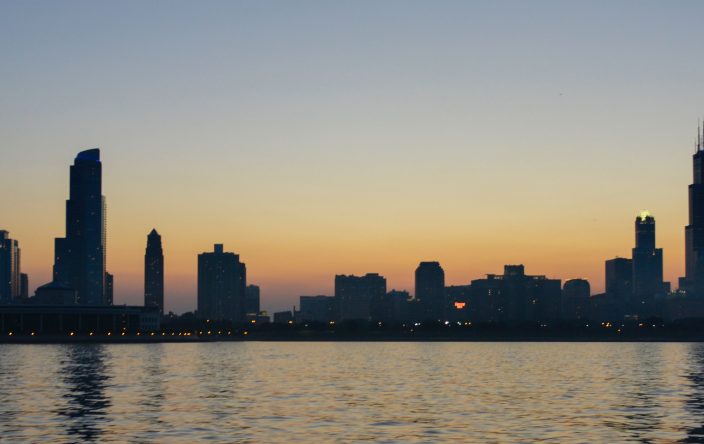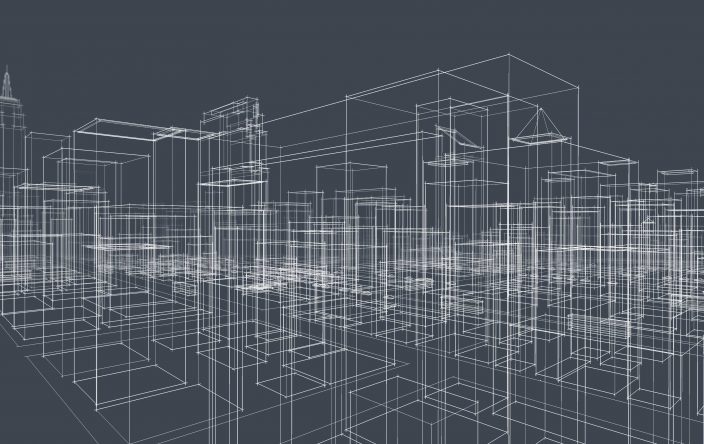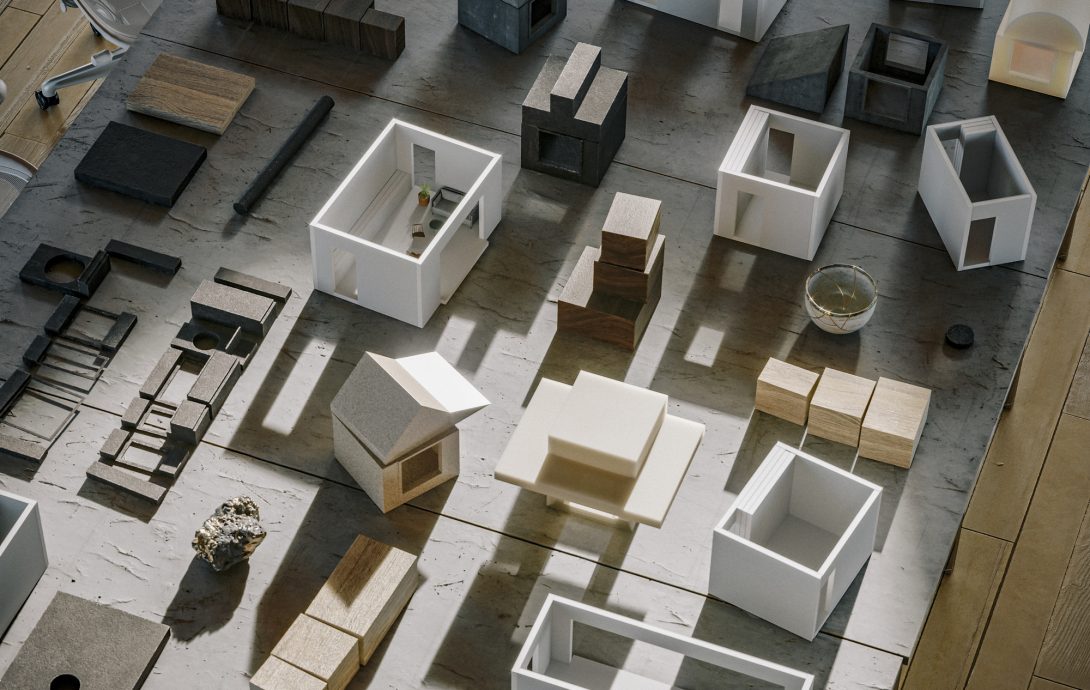
Airbnb Launches Backyard to Design and Build Houses in 2019
Airbnb co-founder Joe Gebbia announced Backyard, an initiative to prototype new ways that homes can be designed, built, and shared. Driven by an abiding passion for humanistic, future-oriented, and waste-conscious design, Gebbia is taking a bold step forward into a new domain.
AirBnB has announced a major move into the architecture and construction industry, with plans to release a new housing prototype late next year. After WeWork and Katerra the next technology company is starting to offer architectural services with a mission to disrupt the built environment.
The architecture and building industry is one of the last industries which is not disrupted by technology yet. Over recent decades, the traditionally structured attitude of the industry has stunted its growth and natural tendency to explore new territory as innovative thinkers and city shapers.
Backyard will design and build houses
Read the Airbnb press release below:
In late November 2019, Airbnb co-founder Joe Gebbia announced Backyard, an initiative to prototype new ways that homes can be designed, built, and shared. Driven by an abiding passion for humanistic, future-oriented, and waste-conscious design, Gebbia is taking a bold step forward into a new domain.
Backyard investigates how buildings could utilize sophisticated manufacturing techniques, smart-home technologies, and vast insight from the Airbnb community to thoughtfully respond to changing owner or occupant needs over time. The initiative is being explored at Samara, the experimental product development team that Gebbia leads at Airbnb. The Backyard team is looking to test prototype units as soon as fall 2019.
“Airbnb challenged conventional thinking and pioneered an entirely new industry,” explains Gebbia. “We helped people activate underutilized space—from a spare bedroom or treehouse to your apartment while you’re away—and built a community that connected people around the world. With Backyard, we’re using the same lens through which Airbnb was envisioned—the potential of space—and applying it more broadly to architecture and construction.
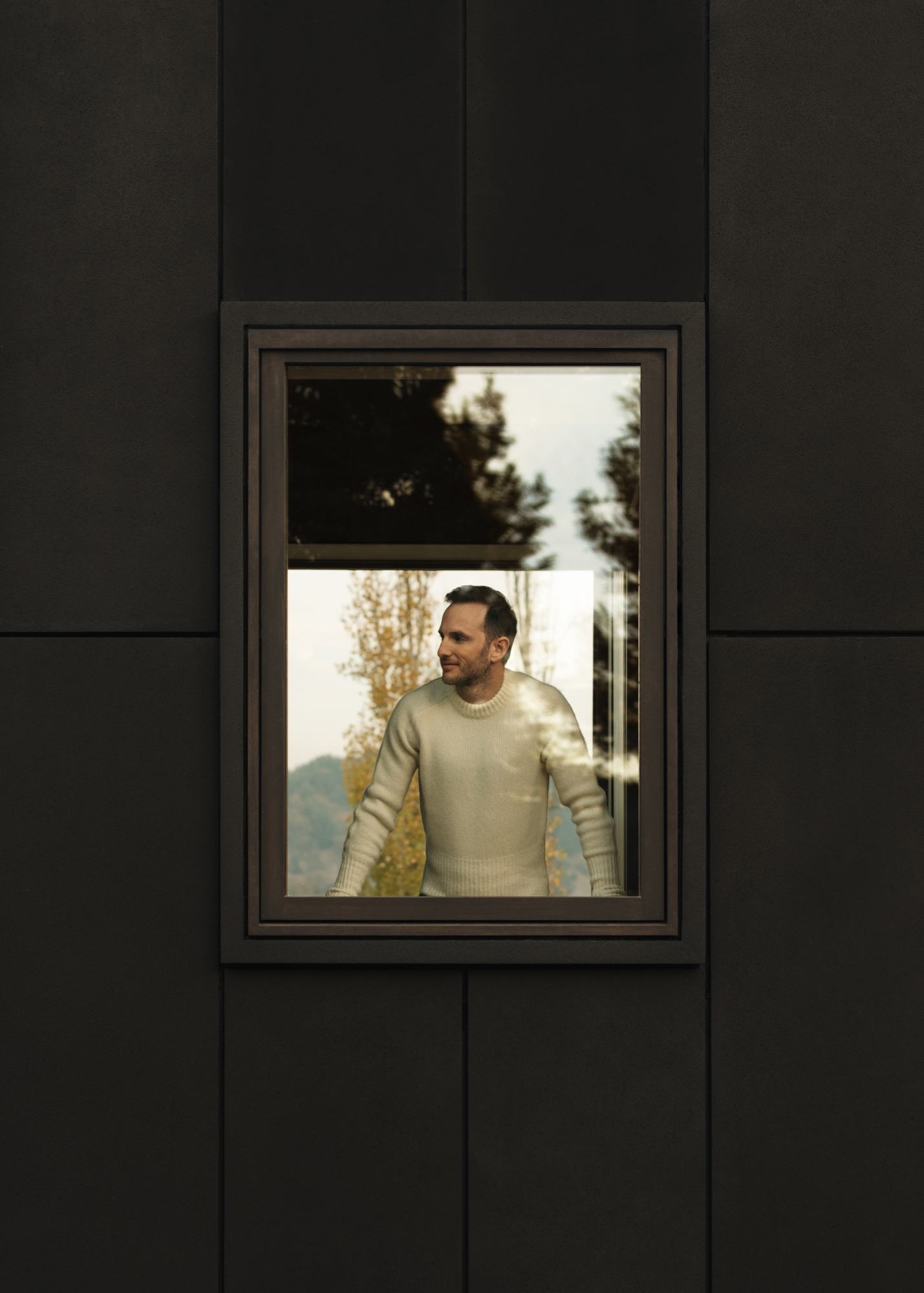
” Starting from a deep understanding of the ways in which Airbnb hosts modify their homes to accommodate guests, Gebbia felt inspired to start from a blank slate. “We began with a simple question,” he elaborates. “What does a home that is designed and built for sharing actually look and feel like? The answer is not simple at all. Other questions quickly emerged. Can a home respond to the needs of many inhabitants over a long period of time? Can it support and reflect the tremendous diversity of human experience? Can it keep up with the rate at which the world changes? Can we accomplish this without filling landfills with needless waste? It’s a tall order.”
The Backyard team surveyed the construction industry in search of practical solutions, ranging from eco-friendly building materials to fully prefabricated homes. “Simply put, nothing addressed long-term adaptability from a systemic perspective,” project lead Fedor Novikov adds. “The only way to close the gap was to work from first principles and imagine entirely new approaches for building homes.”
Gebbia is actively recruiting bold thinkers to join the effort. Since 2017, Samara has grown an eclectic team of industrial designers, interaction designers, architects, roboticists, mechanical and hardware engineers, material specialists and policy experts, all working on making Backyard a reality. “I love the team we’re building,” Gebbia adds. “We’ve spent a long time looking for exceptional people who seek out new kinds of challenges, are creative, and are deeply curious about the way the world is put together. We are always on the lookout for anyone who could make our team even stronger.”
With a decade of accumulated knowledge about how people travel, live, and share their spaces, Gebbia believes Airbnb has a unique responsibility and global opportunity to improve the way we build and share homes. “ Based on current projections from the UN, 2.5 trillion square feet of new buildings will be constructed worldwide by 2060,” Gebbia explains. “That’s the equivalent of adding another Paris to the planet every single week. In the US alone, we’re starting construction on an average of 3,300 new homes every day. For us, this goes beyond a business opportunity. It’s a social responsibility. The way buildings are made is outdated and generates a tremendous amount of waste. In order to meet the demands of the future, whether it be climate displacement or rural-urban migration, the home needs to evolve, to think forward.”
Join our Newsletter
Get our best content on Architecture, Creative Strategies and Business. Delivered each week for free.

JOIN THE
ARCHIPRENEUR ACADEMY
- 9 Stage Studio Growth Roadmap
- Library of In-Depth Courses
- Checklists and Workbooks
- Quick Tips and Tutorials
- A Supportive Online Community


